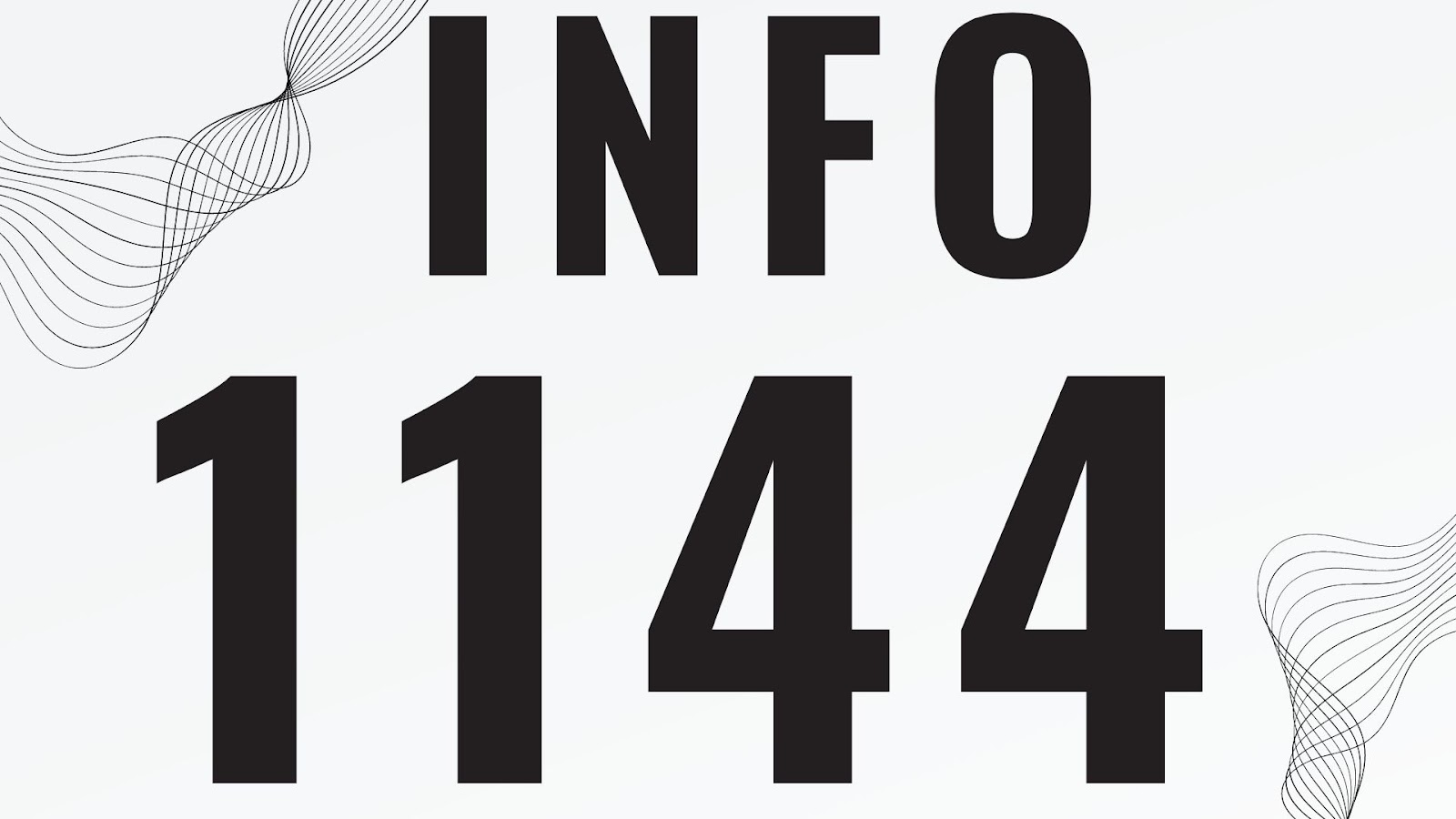"Pakistan Makes Lunar History with iCube Qamar Satellite Aboard China's Chang’e-6 Mission"
In a remarkable leap for Pakistan's space exploration endeavors, the nation proudly announces its participation in China's Chang’e-6 lunar mission. As part of this groundbreaking venture, Pakistan's very own satellite, the iCube Qamar, will orbit the moon, marking a historic milestone in the country's space exploration journey.
The Chang’e-6 mission, launched from Hainan, China, aims to delve into the mysteries of the moon's "dark side" while incorporating lunar research payloads from various countries, including Pakistan's iCube Qamar satellite. Crafted through collaboration between Pakistan's Institute of Space Technology (IST), China's Shanghai University (SJTU), and Pakistan's national space agency Suparco, the iCube-Q is poised to leave an indelible mark on lunar exploration.
The mission, named after the revered Chinese moon goddess Chang’e, seeks to procure approximately two kilograms of lunar samples from the far side of the moon, an unprecedented feat in the annals of human lunar exploration. Ge Ping, vice director of China’s Lunar Exploration and Space Engineering Centre, emphasized the significance of this mission, heralding it as a pioneering endeavor that will illuminate the uncharted realms of lunar terrain.
Venturing into the colossal South Pole-Aitken Basin, one of the largest impact craters in the solar system, Chang’e-6 is primed to conduct a series of intricate maneuvers, including soil and rock collection and experimental analyses within the landing zone. Operating without direct communication with Earth, the mission relies on a meticulously deployed relay satellite orbiting the moon, ensuring seamless execution throughout its 53-day odyssey.
The collaboration on Chang’e-6 extends beyond borders, with payloads from France, Italy, Sweden, and Pakistan gracing the mission. Looking ahead, Chang’e-7 promises to continue this spirit of international cooperation, with payloads from Russia, Switzerland, and Thailand slated for inclusion in its 2026 launch.
However, it's worth noting that the participation of certain entities, such as NASA, remains restricted due to regulatory constraints. Despite this, under the separate Nasa-led Artemis program, the United States is poised to make its mark on lunar exploration, with plans for astronauts to land near the moon's south pole in 2026, marking a significant milestone in human space exploration.
As the world looks toward the heavens, Pakistan stands proudly at the forefront of lunar exploration, symbolizing the nation's unwavering commitment to scientific advancement and international collaboration in the pursuit of knowledge beyond our earthly confines.




0 Comments
Thanks for comment.